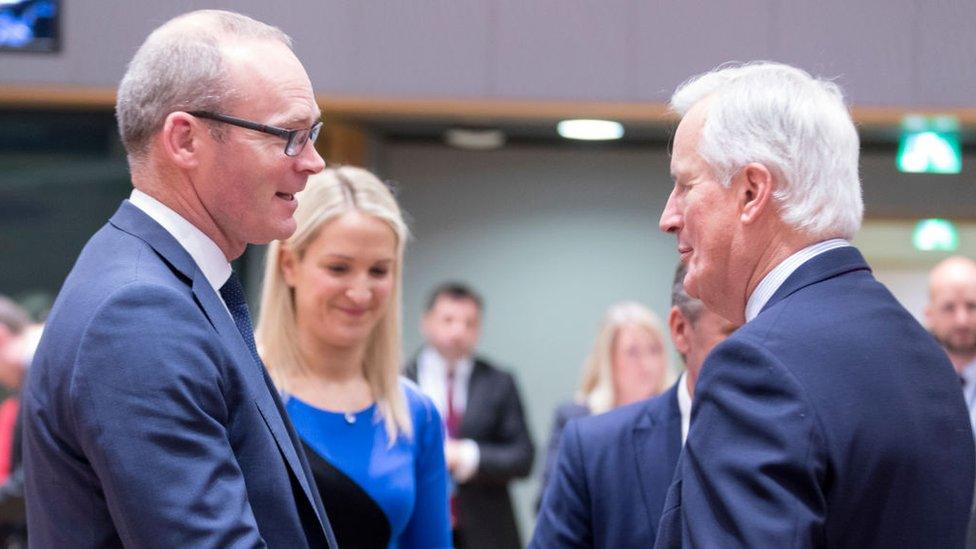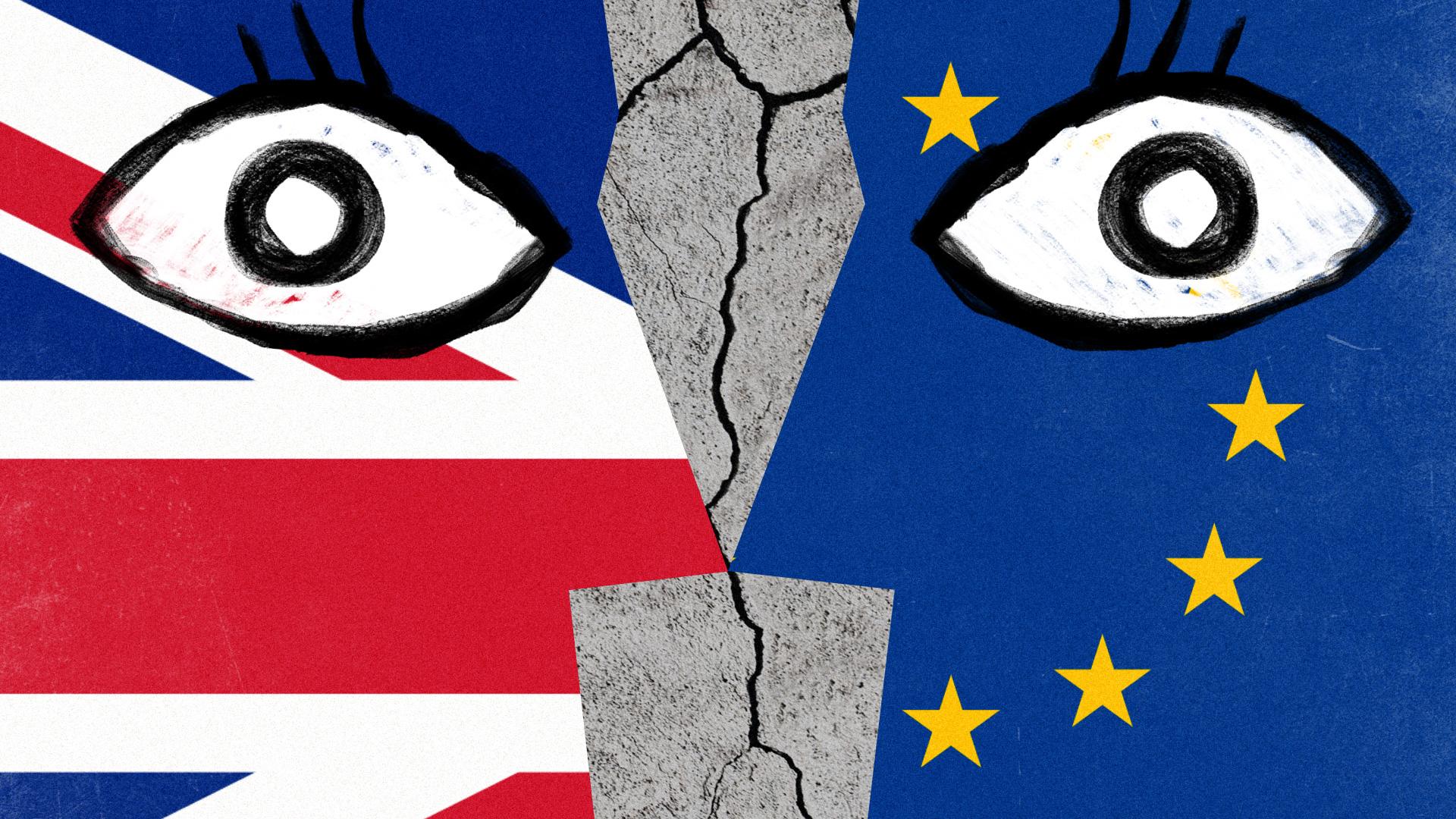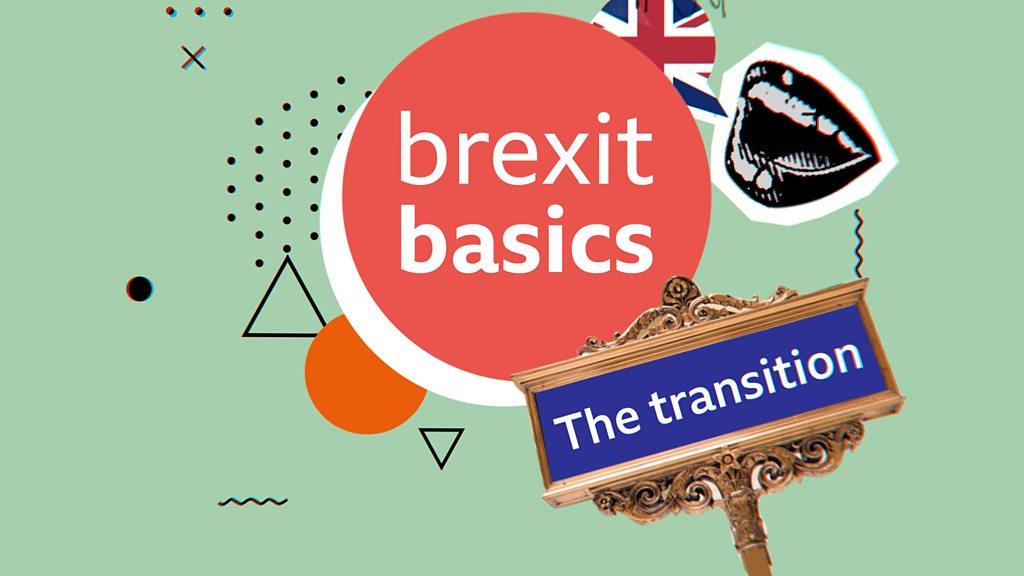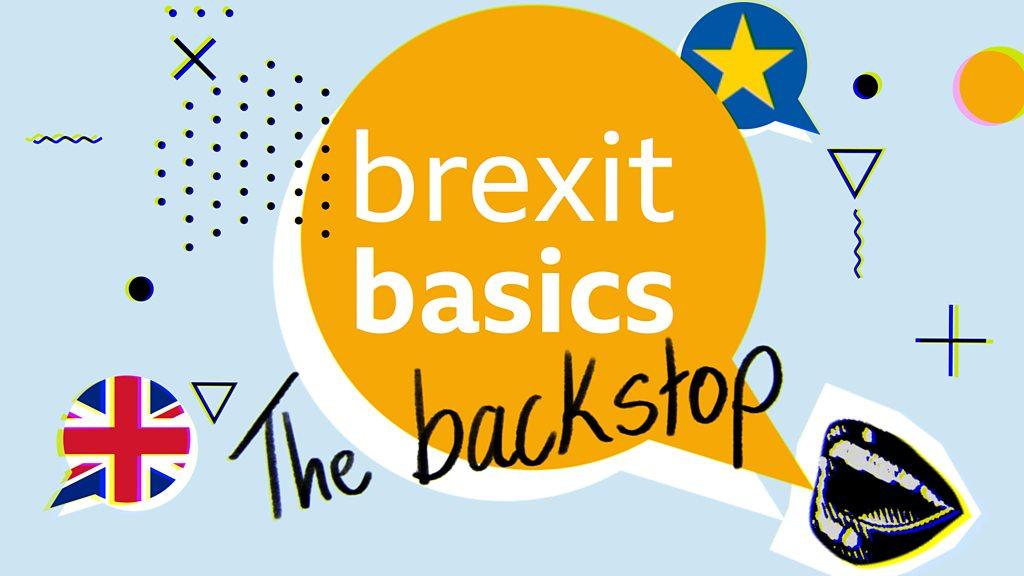Reality Check: When is Brexit crunch time?
- Published

The Irish foreign minister spoke to chief EU Brexit negotiator Michel Barnier ahead of an EU meeting
"Clearly this is a very important week for Brexit negotiations," Irish Foreign Minister Simon Coveney said on Monday after a meeting of EU ministers.
"But the issues aren't new."
It was a sentence he could have uttered almost every week for the past few months.
So why is this any different?
It's because the EU and UK negotiating teams really do appear to be quite close now to a deal on a withdrawal agreement.
But the last few points are always the most difficult to resolve and the politics remain highly unpredictable.
Special summit
If there is to be a special EU summit to finalise a Brexit withdrawal deal before the end of this month, then agreement at official level needs to happen in the next couple of days.
Not only does an agreement have to pass muster within Theresa May's cabinet, it also needs to be sent to the capitals of the other 27 EU member states for line-by-line perusal.
At the moment, the negotiations are taking place in what's been called "The Tunnel" in Brussels - meaning that little information is being passed on, to ensure that little information leaks out.
But every country is going to want to take several days to make sure they can accept any final text.
In particular, there are legal issues to overcome relating to the terms on which any temporary UK customs union with the EU could be brought to an end.
EU countries will also want to ensure that a temporary customs union doesn't give the UK an unfair trading advantage.
In other words, it is not just in London that searching questions will be asked.
December deal
If it doesn't prove possible to get a tentative deal finalised in the next couple of days, that's not the end of the story. Attention will then shift to the next date in the diary - a regular EU summit scheduled to take place in mid-December.
On both sides, though, there are warnings that there will be a price to pay if negotiations last much longer. A lot more money will soon have to be spent - by both governments and businesses - to put contingency plans for a no-deal Brexit into practice.
Until any withdrawal agreement is turned into a legally binding treaty, everyone will have to get ready for no deal, just in case.
And that will take time and money.
That's one of the reasons why the UK government is keen to get a withdrawal agreement approved by Parliament as soon as possible - ideally before Christmas.
The numbers in the House of Commons, though, are too close to call.
As for ratification on the EU side, the European Parliament says it will need six to eight weeks to complete the process. And it plans to vote on the issue in mid-March, just a couple of weeks before the UK is due to leave.

January deadline
And what if the negotiations run into the sand and even by the time the December summit takes place there is no text for EU leaders to approve?
In those circumstances, Christmas might not be the season of goodwill for those directly involved in the negotiations.
But the next key date is 21 January. If there is no agreement by then, the UK government will be required to make a statement to Parliament about the next steps it plans to take.
Whether or how MPs would be able to have a meaningful say in the process at that stage, possibly even trying to delay or stop Brexit, is the subject of considerable political debate.
But after the end of January it would probably be too late to get a withdrawal agreement ratified before the UK is due to leave the EU on 29 March 2019. The government would not only have to win a "meaningful vote" on its deal with the EU in Parliament, it would also have to pass legislation giving the withdrawal agreement effect in UK law.
One possibility is that the two-year Article 50 period (named after Article 50 of the Lisbon Treaty, which sets out the terms on which a member state leaves the EU) could be extended.
In theory, that could happen if all 28 EU countries, including the UK, agree.
But the government has already said it has no intention of asking for an extension of Article 50 and other countries would certainly not want to agree to anything open-ended - a few weeks at most, unless UK politics takes a sudden and unexpected turn.
That is a reminder that there is, of course, an alternative timeline.
If parliament did vote against a deal brought forward by the prime minister, the UK would be faced with several alternatives.
Either it could accelerate contingency plans and leave with no deal at all.
Or it could change course and request an extension of Article 50 to allow for one of several possible options:
Parliament could instruct the government to go back to Brussels to renegotiate.
A general election could be called.
Another Brexit referendum could take place.
It's all uncharted territory and that is why the next few days feel so critical.
We've been talking about the cliche of the Article 50 clock ticking for more than 18 months. But the sound that you can hear is the ticking getting louder.


- Published13 December 2020

- Published3 February 2020

- Published1 February 2020

- Published13 September 2019

